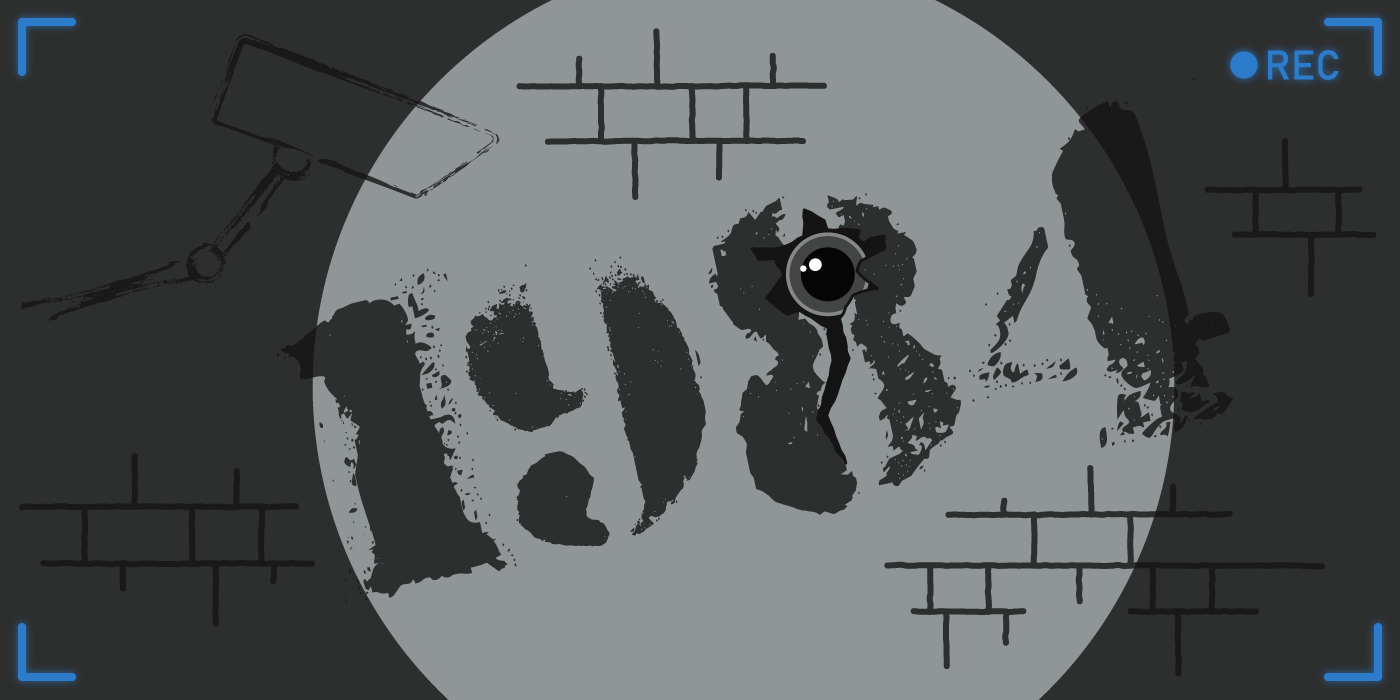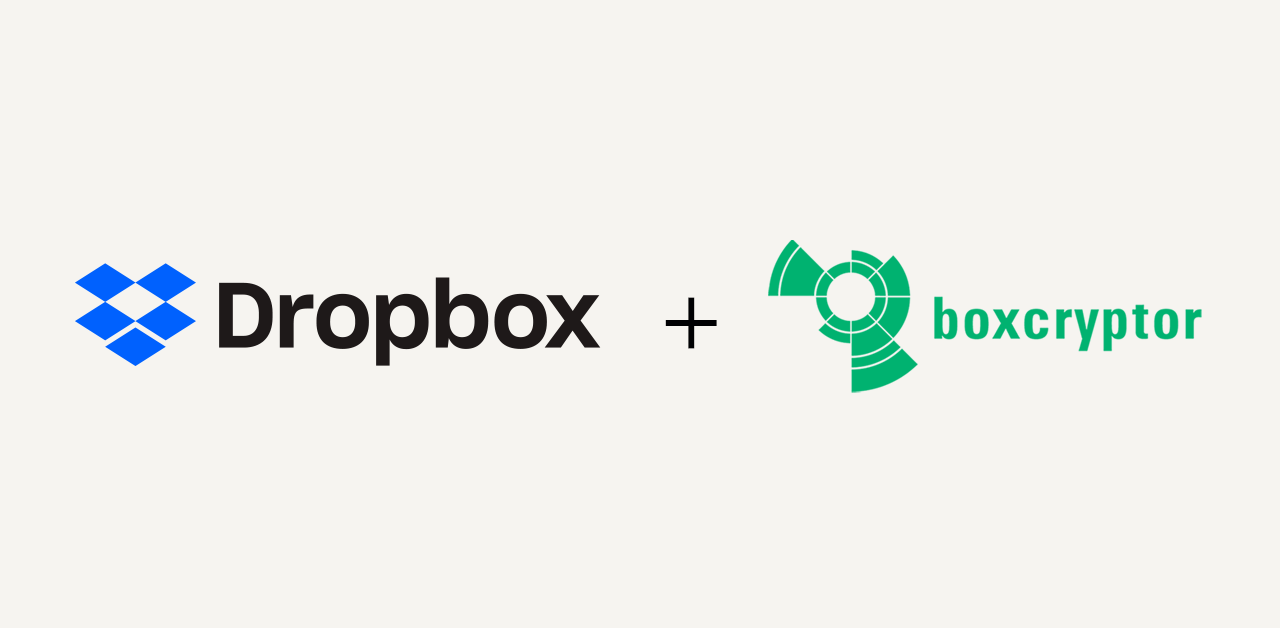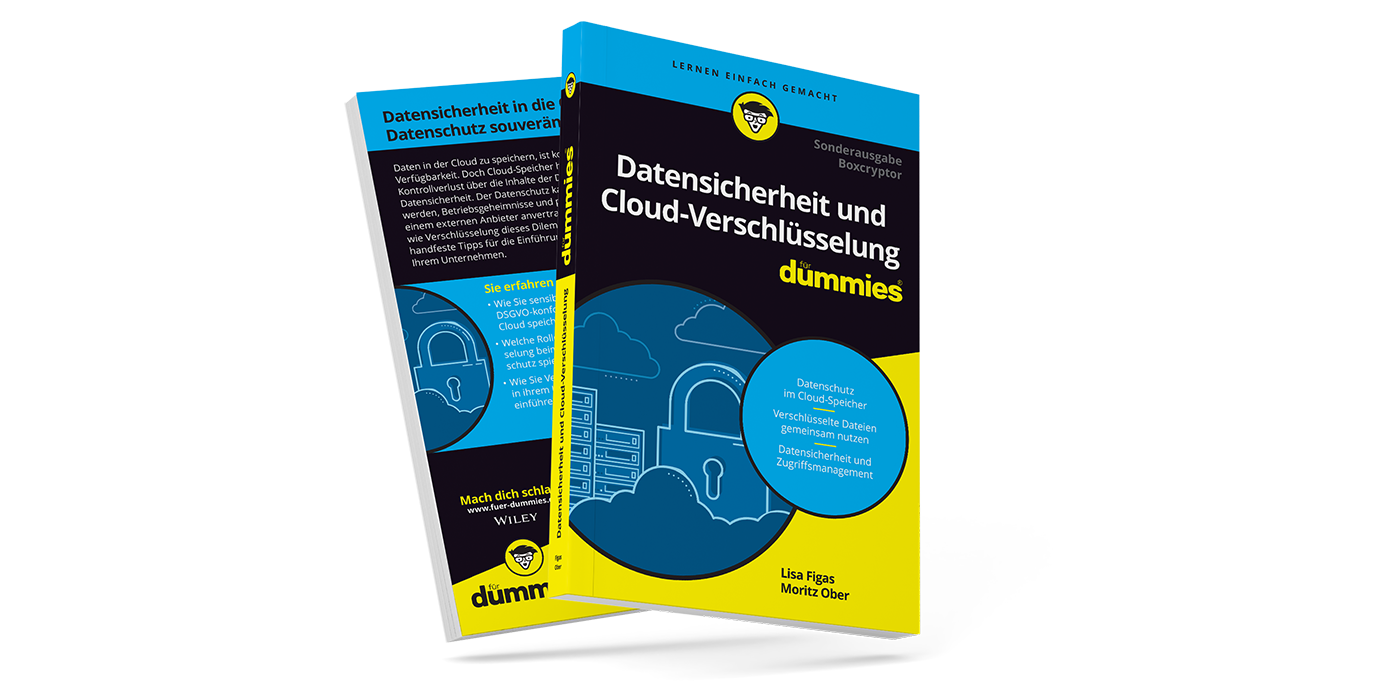Transparent Citizen: Fiction Versus Reality
Have you ever imagined what it would be like if all the cool stuff from sci-fi movies existed in reality? At Boxcryptor, we certainly do. And it is truly fascinating, how much of all the equipment, formerly presented as utopian, is part of our everyday life, by now. We think of many great inventions: mobile phones, personal computers, even robots. But at the same time, we also realize that not every idea becoming real is a good one: a growing number of people is frightened by the increase of surveillance and control by the government and some economic entities, as well as of the decrease in data protection and privacy.
We take the new European General Data Protection Regulation (GDPR) and several espionage scandals of the recent past as a cause to take a closer look on movies and television entertainment: Within this new series of articles we are going to explore fictional “predictions” of surveillance and control, and how close reality is to creating “transparent citizens”.
Part 1: Orwell’s “1984” – A Vision?
“Big Brother is watching you.“ Almost no other quote expresses total(itarian) surveillance better than this popular piece of propaganda, taken from George Orwell’s dystopian novel “1984”. And although there have been concepts of total surveillance before “Big Brother”, this story (written as early as 1948) is considered an archetype, both of fiction and of a vision of reality, still breaking in the cyber age.
„Big Brother“ is also broadly popular as a TV program, locking-up a group of people together inside a container and monitoring them around the clock. But the Orwellian dystopia bears merely superficial similarities with that show. 1984’s “Big Brother” is rather the expression of a totalitarian government’s collective mind, reigning over the fictional state of Oceania, than an actual person interfering with people’s affairs. Oceania’s citizens are forced to love this personification of state doctrine and bow to the superior caste. If they refuse, punishment for unwanted actions or thoughts is inhuman, ranging from reconditioning (torture) to “vaporization” (execution).In a very simplified manner, these are the social and political conditions in Orwell’s “1984”.
To ensure citizen’s obedience, Orwell presents two major methods: Thought Police are a secret police, close to modern intelligence agencies, who disclose anti-governmental ideology. Although “thoughtcrime” indicates that even non-conformal thinking is prohibited, Thought Police can’t read minds, though. They rather make use of traditional espionage, using a special form of CCTV, the so-called “telescreens”. These devices work two ways: They are used for dissemination of system-conform propaganda and the collection of opportunistic evidence. This happens anywhere: At public squares. At work. Even inside private bedrooms. But why are we mentioning this? Of course, this is an exaggeration of everything happening in reality today. At least our bedrooms are still safe from … No, wait.
Agents on the Clouds
“Alexa, please ask Siri if Google …” You’ve probably guessed it: Far apart from crude conspiracy theories, there is a growing number of devices present in our most private places which are constantly eavesdropping – and we have willingly given our consent. In the 21st century, there’s – fortunately? – a mainly commercial intention behind. But with smart fridges and even smart, airtight plastic storage irresistible spreading throughout our life, the fear of all the possibilities opened by such data masses to intelligence services and prosecution grows equally.
Especially information stored on U.S. cloud servers (including everything Alexa and co. are recording and transmitting) is very likely to be skimmed by intelligence agencies. Therefore, it doesn’t matter if data gets fully scrutinized or authorities just have the possibility to do so: While Orwell still needed human informers, today’s algorithms are very efficient in scanning vast piles of data for fragments of potentially relevant information. And although we don’t want Amazon to be the single scapegoat in our argumentation, their facial recognition program “Rekognition” may be a good example to prove our point: In (quite limited) parts of the U.S. this software is already being used for tracing wanted people. One single mugshot is enough to search the surveillance data of countless public CCTV cameras systematically and, more importantly, in real time.
It may seem very convenient: Huge IT companies helping the state in making Orwellian surveillance become reality. But, as a matter of fact, history of intelligence services shows that eavesdropping methods have been there long before the internet. With or without the help of tech firms: privacy, the “right to be let alone”, has never been a barrier to this. Not in Orwell’s “1984”, not in Germany of 1989, and certainly not in the Internet era of the 21st century.
Asymmetry of Modern Surveillance
Recent proof for the disrespect of privacy of intelligence services was made public through Wikileaks last year: The “Weeping Angel“ hack, named after the correspondent species from the British TV series “Doctor Who”, exploited a security weakness of some Samsung smart TVs. Different from the name-giving monsters, this hack fortunately didn’t make the devices jump off the shelf when unobserved. But nonetheless spooky: Even if the devices seemed offline, CIA agents could have been listening through the built-in microphones. Sole requirement would have been a previous one-time access to the TV in order to infect its software via USB stick. Thanks to the spy program’s optional self-destruction, all hints on the modification would have been erased after a pre-programmed amount of time. Quite similar to the Weeping Angels of Doctor Who, who are known to send their victims to the past, traceless. And additionally, not so much different from Orwell’s telescreens, which could make even “secure” rooms change to glass houses. But we have to give at least some all-clear at this point: Although the possibility of an attack was given and plans existed on paper, the number of potentially targetable devices was quite small, and no actual attacks have been made public. We assume this special threat was of theoretical nature, only.
Still, there is one important question remaining: What is this long-lasting practice of silent surveillance about? The panopticon concept (Bentham) may bring some clearance: Asymmetrical surveillance (originally few guards watching many prisoners) helps on the one hand to keep expenditures on personnel at a minimum. On the other hand, control may be centralized and – hypothetically – partial: As the surveilled know about the potential watcher (which they can’t see) they fear the invisible authority, even if it’s not there, and are therefore behaving conform at any time. A dated depiction of this concept is a watchtower in the middle of a circular prison. Every cell may be overseen by the guards at any time, but the prisoners can see neither their neighbors, nor the guards in the tower. This can be obtained by blinding their view through spotlights or mirrored glass around the tower. The conformity of the prisoner’s behavior is thus guaranteed not through actual surveillance, but through the constant fear of it, even if there is not a single watcher at the moment.
Protect Your Privacy!
Back at Big Brother and in the 21st century, this has far-ranging implications: The collective public and private space may be surveilled by a small number of centralized operating agents. CCTV, smartphones and every form of connected communication turn to possible or real threats of one’s privacy - With an effectiveness exceeding everything Orwell could have possibly imagined back in the 1940s.
It is for this reason that every user is asked to take every possible measure to protect his or her privacy. Trying to evade possible “secret agents” may be the most effective way to do so. Given the importance and many advantages of smartphones and co. this may not be an easy or downright practical solution. Just to the contrary, it may seem more like a huge step backwards, in a connected society. Hence, another solution has to be aspired. Encryption technology in communication and data storage, for example, is a good way to effectively lock out spies at crucial points. This way even an individual person gets a chance to enforce the right to privacy, at least partially, by him- or herself.



